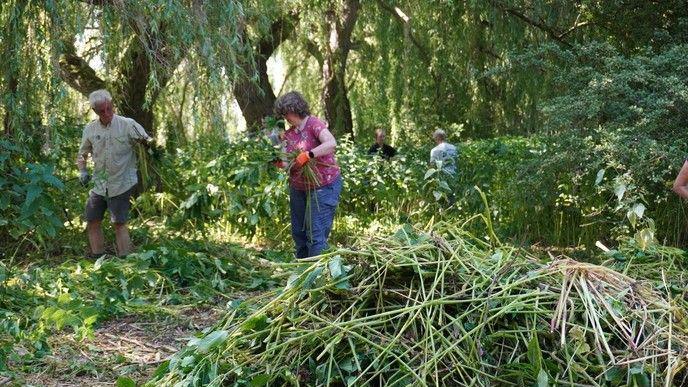'Balsam bashing' protects pathways, volunteers say
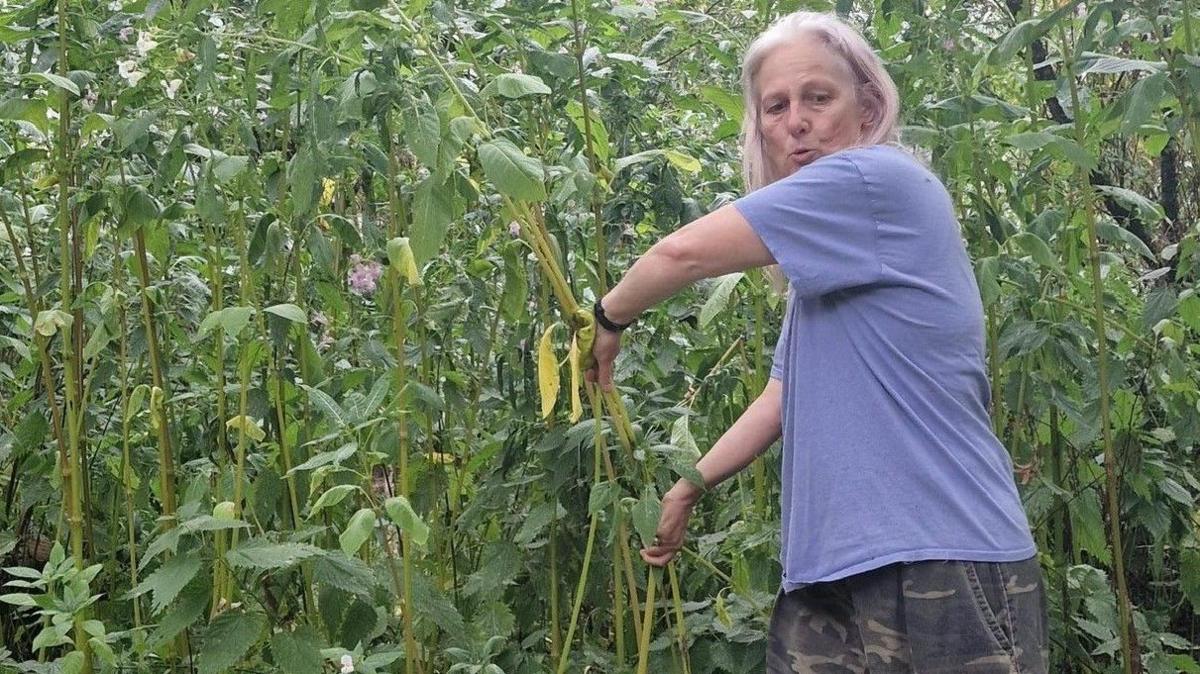
Maria Baldwin and friends have been "balsam bashing" along the River Severn
- Published
Volunteers have been working to remove an invasive plant species from riverbanks in Worcester.
Himalayan balsam, likened to Japanese knotweed, was "rampant" along the Severn and the Teme, they said.
Residents fear an abundance of the weed, which leaves riverbanks bare and vulnerable to erosion, could lead to the loss of riverside footpaths.
Maria Baldwin, who went "balsam bashing" with friends last week, said: "We are fearful that if the balsam continues to take over, the perennial weeds such as nettles will be overrun, which will cause the riverbank to collapse when it floods and we will lose yet another footpath."
Ms Baldwin and her group cleared a small patch of land south of the Kepax bridge, on the west side of the River Severn.
She said they chose the location as footpaths north of Kepax bridge were closed.
"This particular path is the only natural wooded path accessible to residents on the north side of the city," she said.
The Northwick Slip, a footpath once popular with residents and dog walkers, has been closed since 2021 following a collapse.
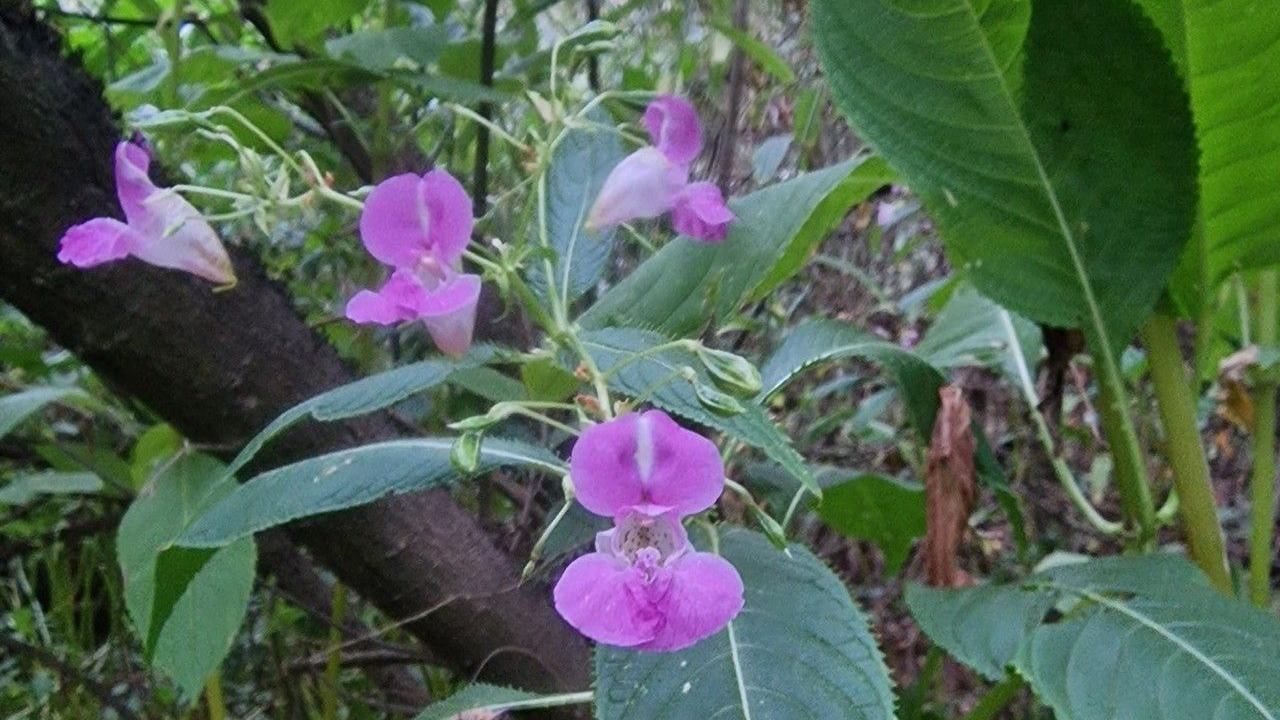
Himalayan balsam is easy to spot in the summer, with pink-purple flowers, volunteers say
The footpaths were an "essential resource," Ms Baldwin said.
"Being out for a walk in nature by the river calms the nervous system and is a great antidote to stressful lives."
She said her group managed to clear hundreds of balsam plants in less than an hour and a half.
If everyone who walked down the riverside paths pulled up 20 plants, it would help protect remaining footpaths, she said.
Himalayan balsam is easy to spot in the summer, with pink-purple flowers.
It was introduced to Britain in the 1800s as an ornamental garden plant but soon established itself in the wild.
The Canal and River Trust described the plant as an "imposing weed" which is "outcompeting native species".
It is now listed under Schedule 9 of the Wildlife and Countryside Act 1981, which means it is illegal to cause it to grow in the wild.
This news was gathered by the Local Democracy Reporting Service, which covers councils and other public service organisations.
Get in touch
Tell us which stories we should cover in Hereford & Worcester
Follow BBC Hereford & Worcester on BBC Sounds, Facebook, external, X, external and Instagram, external.
Related topics
- Published2 August
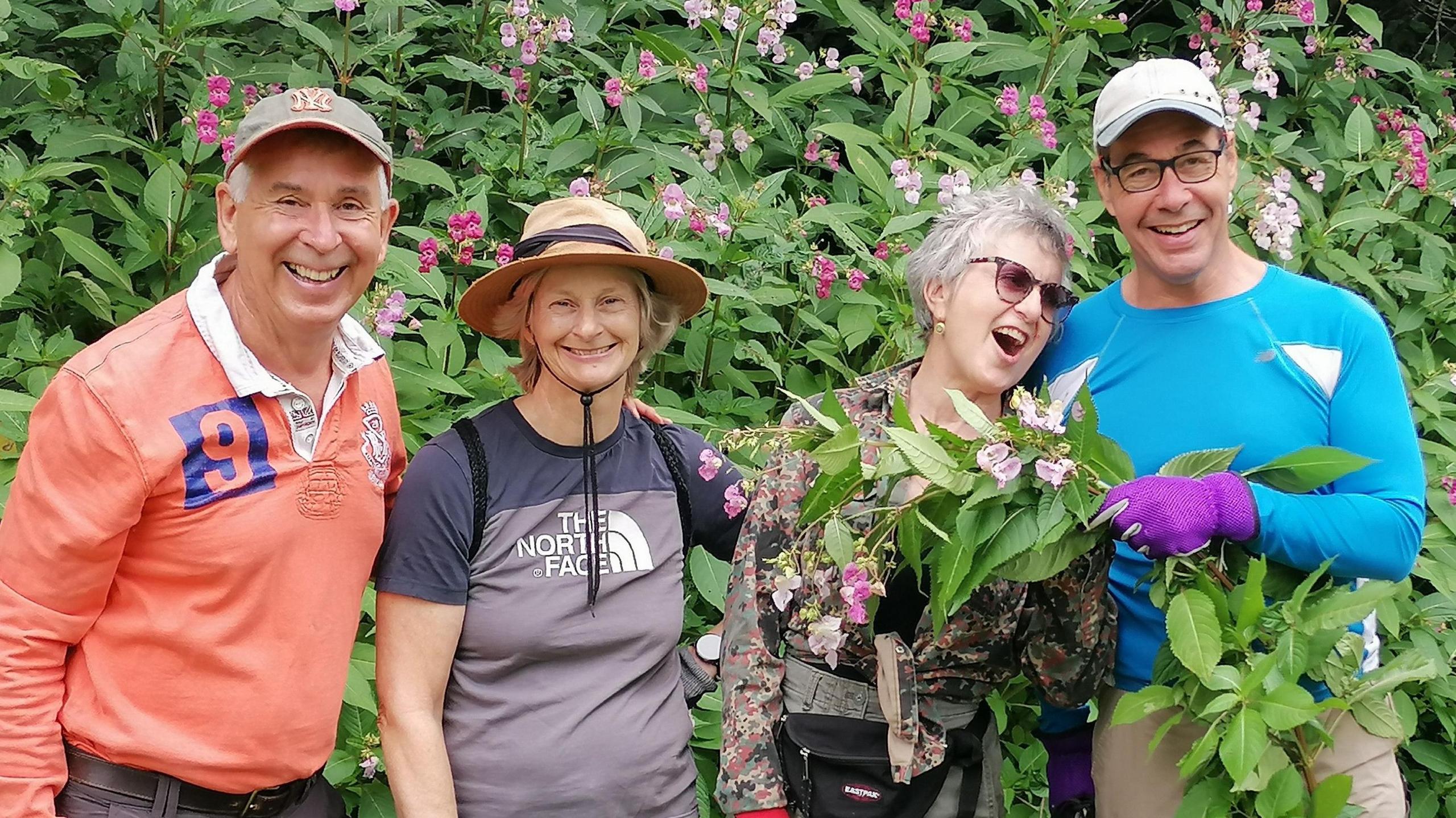
- Published20 July
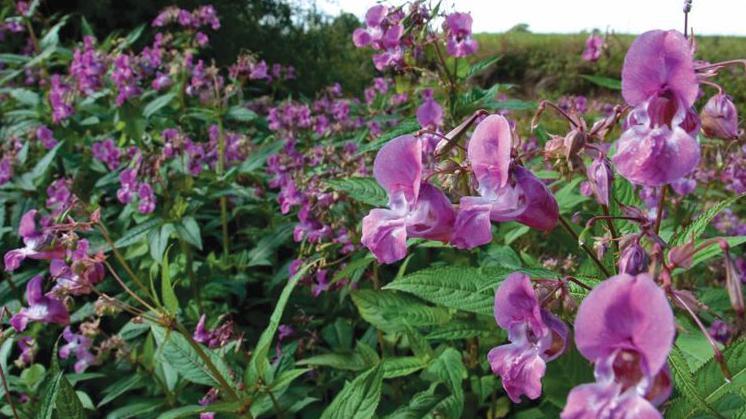
- Published5 August
